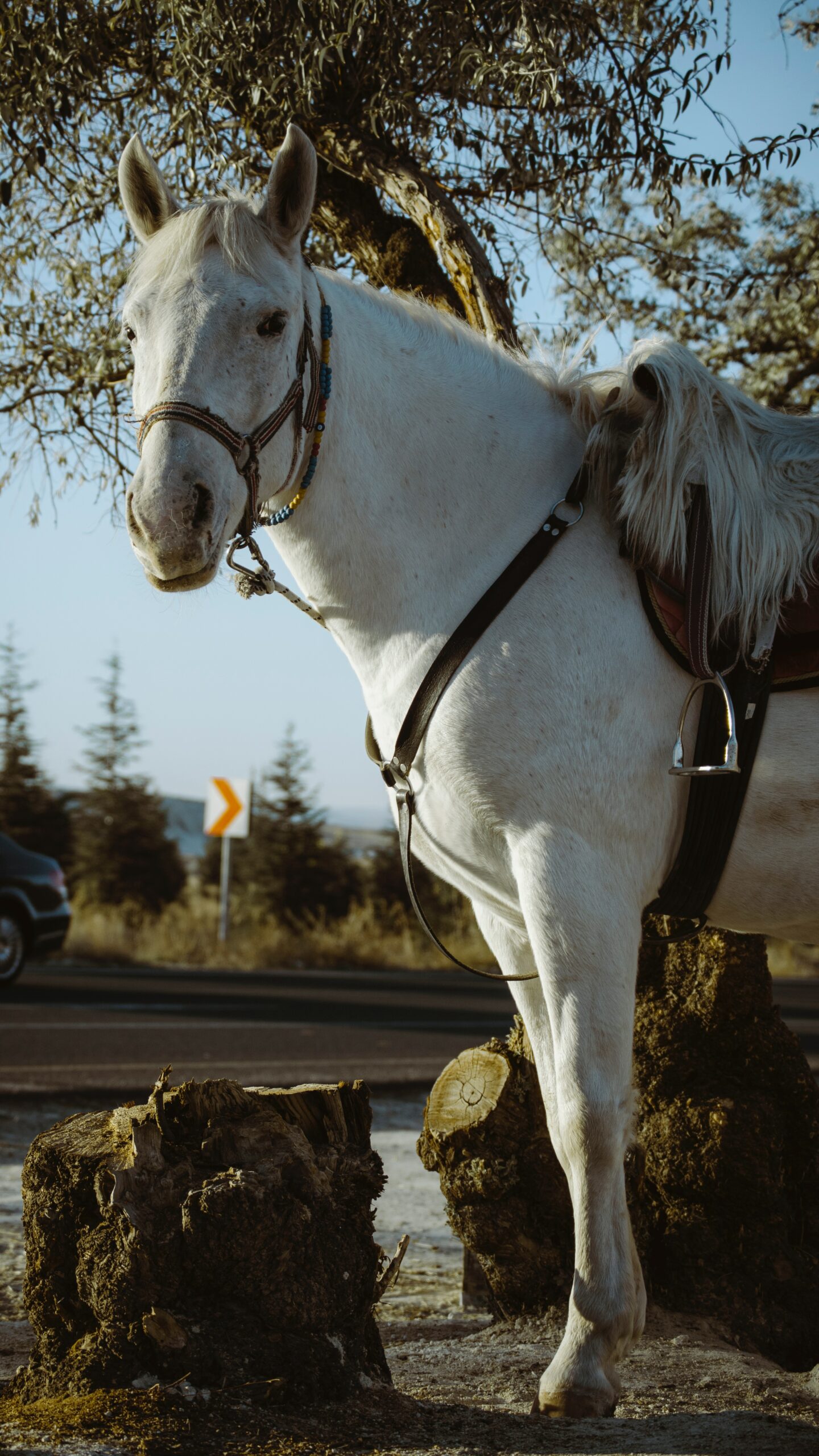Hey there, it’s your pal Jack again. So, I was at the barn the other day and I overheard someone saying that they think their horse’s colic was caused by electrolytes.
I was like, “Whoa, really? I didn’t even know that was a possibility.” So, naturally, I had to do some digging to find out if this was actually a thing. And let me tell you, the results were surprising.
Table of Contents
What are electrolytes and how do they work?
Electrolytes are minerals that are essential for maintaining proper body function in horses. They include sodium, potassium, calcium, and magnesium, among others.
Electrolytes help to regulate the balance of fluids in the body and are necessary for proper muscle and nerve function.
Can electrolytes cause colic in horses?
Colic is a common and often serious gastrointestinal disorder that can affect horses. While electrolytes are important for maintaining proper body function, it’s unlikely that they are the sole cause of colic.
There are many potential causes of colic, including diet, stress, infection, and physical abnormalities, among others. It’s important to consult with a veterinarian to determine the cause of colic and to develop a treatment plan.
How can I ensure my horse is getting the right amount of electrolytes?
It’s important to provide your horse with a balanced source of electrolytes in their diet. This can come from forage, a specialized electrolyte supplement, or a feed formulated with the appropriate balance of electrolytes.
Make sure to monitor your horse’s electrolyte levels and take steps to ensure they are getting the right amount, particularly if they are exercising heavily or in hot and humid conditions.
What are some signs that my horse may be deficient in electrolytes?
Some signs that your horse may be deficient in electrolytes include lethargy, loss of appetite, muscle weakness, and abnormal sweating.
If you notice any of these signs, it’s important to consult with a veterinarian and consider adding electrolytes to your horse’s diet.
What are some natural sources of electrolytes for horses?
There are a few natural sources of electrolytes that you can include in your horse’s diet.
These include salt, which is a good source of sodium, as well as fruits and vegetables like bananas, cucumbers, and sweet potatoes, which contain potassium.
It’s important to remember that these should be fed in moderation and in combination with a balanced diet.
Conclusion:
In the end, it’s important to remember that electrolytes are an important part of a healthy horse’s diet.
While they are unlikely to be the sole cause of colic, it’s important to ensure that your horse is getting the right balance of electrolytes to maintain proper body function.
So, if you’re ever in doubt, just give your veterinarian a call and they’ll be able to help you out. Happy horse-ing!
